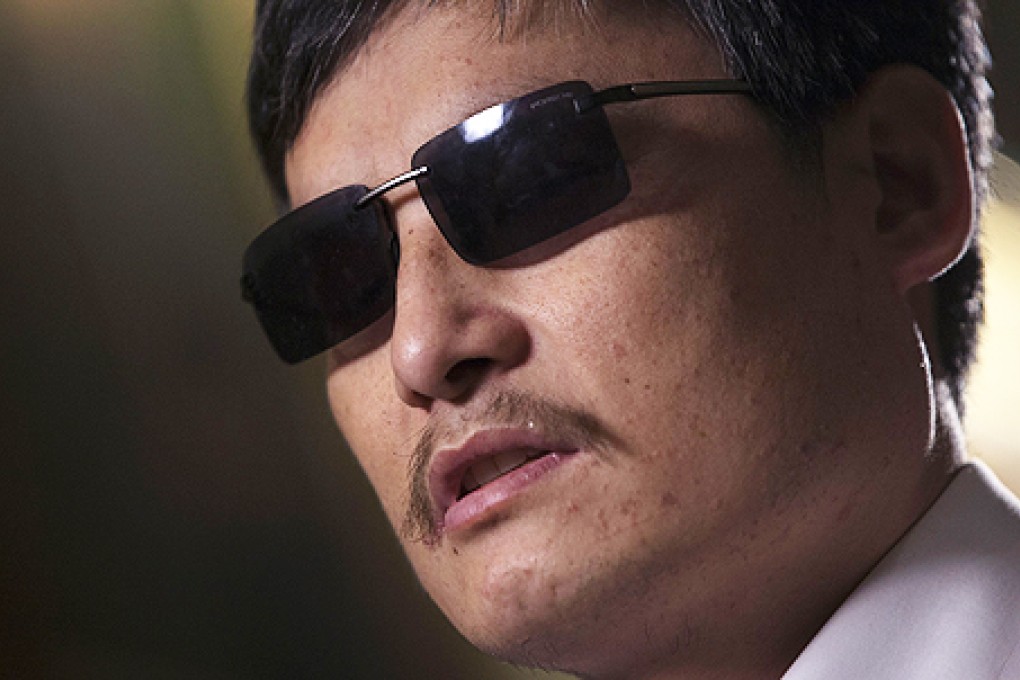Chen Guangcheng Q&A: ‘China has good laws, but they should apply to party’
The problem is "the Communist Party sits brazenly above the constitution and the law and makes no effort to reform", says the blind Chinese activist from New York.

Chen Guangcheng is the blind civil rights advocate from rural China who escaped house arrest in April last year and fled to the US embassy in Beijing. Then-secretary of state Hillary Rodham Clinton negotiated his temporary stay in the US to study law at New York University.
He was interviewed by Global Viewpoint Network editor Nathan Gardels.
I think the idea that Xi Jinping will change as a result of the Bo Xilai affair is completely unfounded. The most important thing is to look at his actions. We have all heard enough nice talk, and the key now is to look at what he does. If there are specific actions taken, then we can believe the talk.
Under the current system, the Communist Party sits brazenly above the constitution and the law and makes no effort to reform